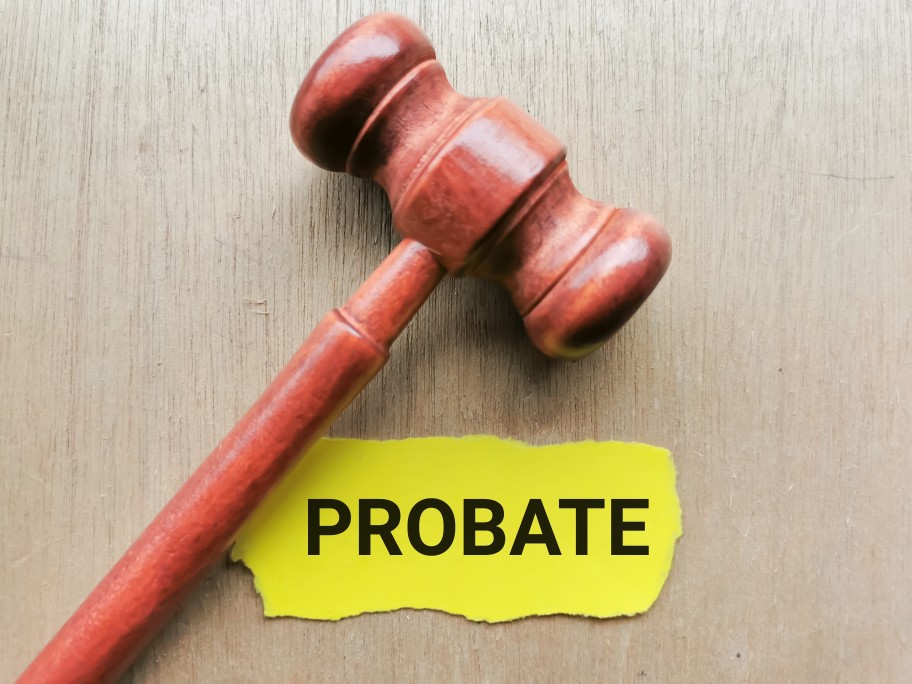Florida does a lot of things differently, and legal affairs are no exception. One area in which Florida differs from other states is probate. Probate court is the legal mechanism by which a judge distributes the assets of an estate after the estate’s owner has died. The judge might distribute these according to an authenticated will, or, if the owner dies intestate, probate court can distribute the assets as it sees fit, keeping in mind the goal of repaying creditors.
The text governing Florida probate is contained in Chapters 731-735 of the Florida Statutes. Florida Probate Rules, Parts I and II, contain the rules for Florida Probate Court. In this article, we’ll discuss the ins and outs of the Floridian probate process.
The Types of Probate Administration
When talking about Florida probate court, there are two main types of administration to know: Formal and Summary. Formal administration is the court-supervised, traditional form of probate that begins with a petition to open and an appointment of what Florida calls a “PR” or “Personal Representative.” In other states, the PR is known as an “executor” or “administrator.” This type of administration is required when the estate owner has been deceased for two years or less, and the probate estate’s value is above $75,000.
Small administration, by contrast, occurs, when the decedent has been dead for over two years, and the estate’s value is under $75,000. Any beneficiary or person the decedent has named a PR can act as the petitioner for summary administration, filling out a form to get the process going.
There is a third type of administration in Florida, but it is not common, nor is it widely applicable. This administration is known as a “Disposition of Personal Property without Administration.” The DPPA releases the assets of the deceased to the individual who paid the deceased’s final medical bills and/or for the deceased’s funeral. Again, the circumstances in which a DPAA applies are very limited.
What Counts as Probate Assets?
The most common types of probate assets include bank or investment accounts owned solely by the decedent (meaning that there are no other names on the account[s]) and life insurance policies, individual retirement accounts, or annuity contracts that are payable to the decedents estate. Real estate that has been titled in the decedent’s name also counts as probate assets. This list isn’t exhaustive, but those three are the most common probate assets the court sees.
Examples of non-probate assets include trust property, beneficiary designations, joint property owned with rights of survivorship or through tenancy in the entirety, and life estate deeds. These items do not require probate court to distribute them.
Why is Probate Necessary?
If the decedent dies intestate (without a will), probate is required to transfer ownership of the decedent’s assets. It is also required to complete the financial affairs of the decedent even after they die. If the procedures are followed correctly, creditors will be paid off during the process, and beneficiaries will be given the assets they are owed.
Overview of the Process
To start, a petition to open proceedings must be followed by the circuit court clerk. Filing occurs in the county where the decedent lived when they died. The court will charge a filing fee. The filing fee varies depending on the county, but you should expect to pay $200-$500.
Every case is different, but the process will usually include establishing the validity of a last will and testament. A valid will in Florida must be in writing, signed by the testator (the name for the person writing the will), and the testator’s signature must be in the presence of two (2) witnesses. Then, the two witnesses have to sign in the testator’s presence, as well as the presence of each other. When the testator dies, the will must be “proven.” You prove a will by presenting evidence to the court that the will was executed properly. Some wills are self-proving, which is allowed under §732.503 of the Florida Statutes.
After the will is proven, letters of administration will appoint a PR. The decedent’s assets will be gathered and listed, and outstanding debts will be paid. After the debts are repaid, the remainder of the assets will be distributed to the heirs at law or beneficiaries, depending on the situation.
Contact an estate planning attorney to learn more about this court-supervised process, including ways around it. There are financial tools at your disposal that allow for the transfer of assets before death, so your family doesn’t have to go through the Florida probate process.
